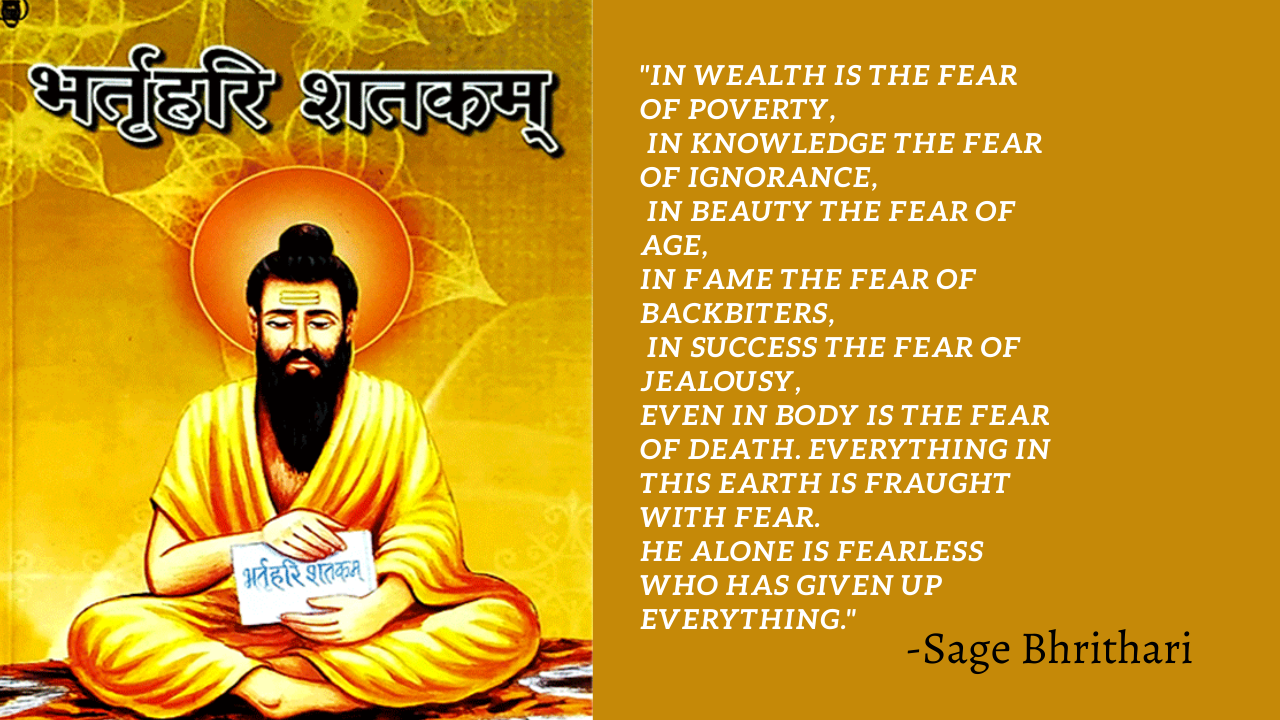Swami Vivekananda's youth VS Present-day youths :- What makes the difference?
Now one thing is clear. To make India progress as a nation and have a national level upliftment, it is the youth stage of an individual which is to be developed and taken care of. Therefore today we'll carefully study the youth of India's Youth Icon himself - Swami Vivekananda, and then discuss about qualities that every youth must try to develop, which, by possessing, a youth's individual and social life would improve drastically.
In his youth Vivekananda, then Narendranath Dutta, was an actual fireball of energy. Sri Ramkrishna describes Swami Vivekananda in their first meeting as, "Narendra entered the room by the western door, not concerned about his appearance; his hair and clothes weren't tidy at all. Unlike his companions, he seemed completely detached, as if nothing external appealed to him. His eyes showed that the greater part of his mind was turned inward all of the time. When I saw this, I marvelled to myself, 'How is it possible that such a great spiritual aspirant can live in Calcutta, home to such materialistic people?'
From his childhood onward, Narendra's many-faceted talents manifested themselves in various fields. Before he reached the age of five, he could recite all the aphorisms of Sanskrit grammar in the Mugdhabodha. When he was six, he memorised an entire musical composition on the Ramayana. Narendra developed a memory as prodigious as that of Shrutidhaar (one who can remember a person's exact words by merely hearing them). He mastered any subject after hearing about it only once, and that knowledge never left his memory.
As he grew older, he would begin studying his textbooks two or three months before the final examinations, and for the rest of the time he would read anything he chose. For example, before his Entrance examination he read nearly all of the major books in English and Bengali literature and many history books as well. At a particular time he would have a tremendous desire to study a certain subject, and would then collect whatever books were available on it and master them. For example, in 1879, the year of his Entrance examination, he felt an urge to study Indian History as written by Marshman, Elphinstone, and other Western historians, so he read them all. While studying for his F.A. he mastered all of the important English books on logic written by Whitley, Jevons, Mill and others. He also had tremendous strength in debating and argumenting. He was as interested in all types of physical activities as he was in acquiring knowledge. He used to exercise everyday at a gymnasium on Cornwallis Street (now Bidhan Sarani street) as it was close to his home at Simla.
When Narendra first met Sri Ramkrishna, he was not only spending his time on his education and study of music, but was also practicing strict brahmacharya and austerities, driven by an intense spiritual impulse.
Narendra was always joyful because he had a strong body, a keen intellect, a wonderful memory, and a pure heart. He was carefree in every respect and participated in physical exercise, instrumental music, singing, dancing, harmless fun and amusments with his friends, and so on.
Ordinary worldly people who saw how Narendra behaved often found him to be proud, arrogant and ill-behaved. Sri Ramkrishna, however, never fell into that error about him. He understood at their first meeting that Narendra's apparent arrogance and vanity originated from his tremendous self-confidence, which arose from his inherent and extraordinary mental power. His bold and carefree behaviour was nothing but a sign of his natural self-control. His indifference to name and fame sprang from the self-satisfaction inherent in his pure character. Sri Ramkrishna knew that in time Narendra's extraordinary character would bloom like a thoudand-petalled lotus and become established in its own unparalleled glory and greatness.
Info Source :- Swami Saradananda's book - Sri Ramkrishna and His Divine Play.
In future, we all know what happened. Narendranath Dutta, a Calcutta schoolboy, turned into Swami Vivekananda, whose arrogance and vanity melted into infinite compassion, whose unique self-confidence served to re-establish faith in broken-hearts, and whose carefree conduct, which always remained under his control, demonstrated to others that self-control was the only way to attain freedom.
What we see in present-day youths is that they too have tremendous energy, tremendous restlessness, but unfortunately all that power is wasted in senseless things. Always tied up around silly activites, we never try to expand our horizons. What we see in Swami Vivekananda is intense desire for truth, enormous restlessness to constantly learn something and an astronomical thirst to discover new things. His entire youth was a struggle for truth. The one secret we find behind every eminent personality is this - STRUGGLE, STRUGGLE! Not just a normal struggle, but a struggle to rise, a struggle to know the truth, a struggle to get answers!
Every great characters' youth is spent amidst endless confusion and intense struggle, until they finally reach light, their aim. Thus, let us all struggle. Swami Vivekananda had rightly said, "Who cares even for death? It is better to wear out than to rust out." Thus, O youths, let us all wear out, and then only will the diamond inside us shine!
Fill the mind with the highest thoughts, hear them day after day, think them month after month. Never mind failures; they are quite natural, they are the beauty of life, these failures. What would life be without them? It would not be worth having, if it were not for struggles. Where would be the poetry of life? Never mind the struggles, the mistakes. I never heard a cow tell a lie, but it is only a cow — never a man. So never mind these failures, these little backslidings; hold the ideal a thousand times, and if you fail a thousand times, make the attempt once more.
- Swami Vivekananda
(CW/V2/Jnana-Yoga/God in Everything)
Thanks,
Daksh Parekh.









Comments
Post a Comment